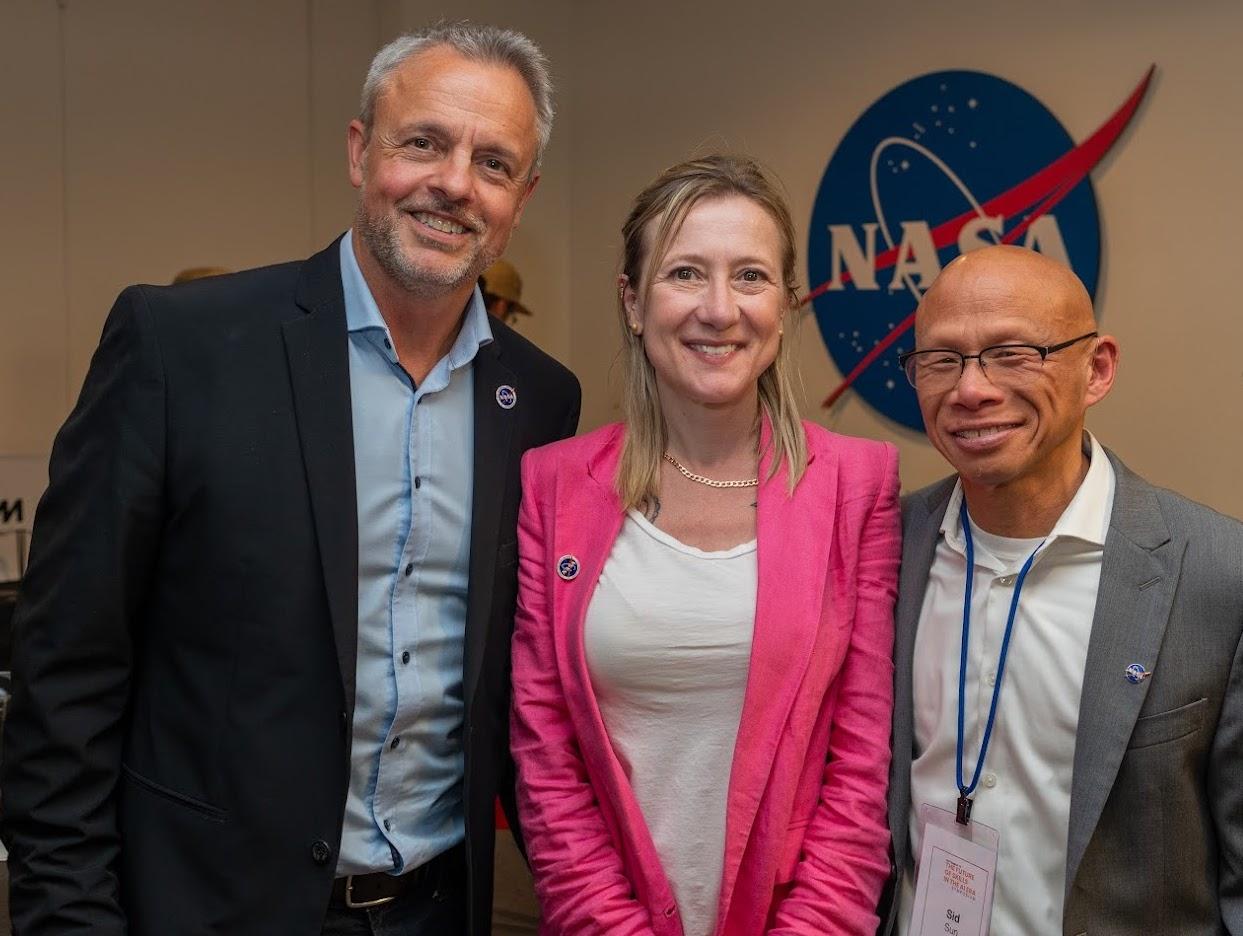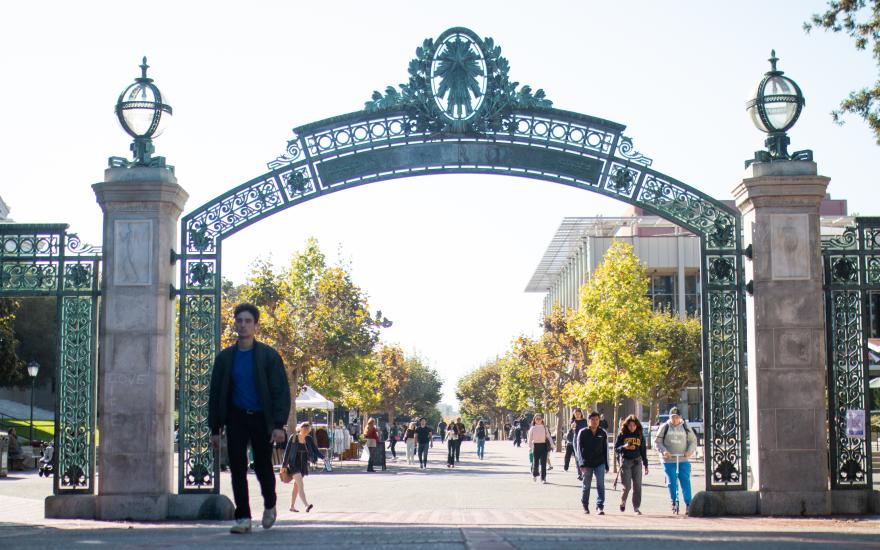Leaders from academia, government and industry met last week to discuss how AI will change the in-demand skill sets of tomorrow.
Experts at The Future of Skills in the AI Era inaugural symposium on Sept. 22 also spoke about preparing society to fill those needs and developing ethical guidelines for human-compatible technologies. Participants included California Secretary of Government Operations Amy Tong, California Privacy Protection Agency Executive Director Ashkan Soltani, NASA Ames Research Center Acting Deputy Director David Korsmeyer, Nvidia Global AI Senior Scientist Alison Lowndes, and European Union, French and Ukrainian officials.
The one-day event at National Aeronautics and Space Administration’s Ames Research Center in Moffett Field, Calif., was organized by NASA, Berkeley’s Fisher Center for Business Analytics in the Haas School of Business, and the new College of Computing, Data Science, and Society (CDSS).

The event comes nearly a year after the release of ChatGPT influenced public conversation on how AI should fit into society. Earlier this month, California Gov. Gavin Newsom released an executive order requesting state agencies to pursue partnerships with CDSS and Stanford’s Institute for Human-Centered Artificial Intelligence to study the impacts of generative AI on the state and its workforce.
“This symposium showcased an early engagement between Berkeley and NASA at Moffett Field, where the university is planning to expand its presence in the near future,” said Sandrine Dudoit, associate dean for faculty and research at CDSS and faculty steering committee member for the Moffett Field project. “The event also served as a stepping stone for our recently announced collaboration with California government agencies and Stanford to study the impacts of generative AI. We look forward to exploring additional opportunities to collaborate with these and other partners.”
In May, CDSS became the first new college at Berkeley in more than 50 years. The college aims to use the power of computing, statistics and data science to help solve society’s most pressing challenges from climate change to health inequities and to train the next generation of diverse, ethical and data-driven technological pioneers and leaders.



